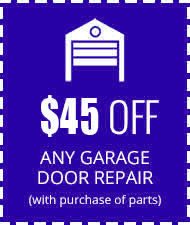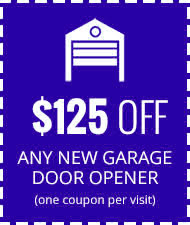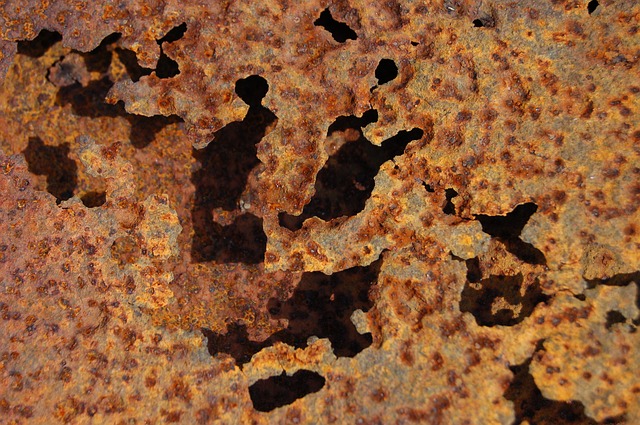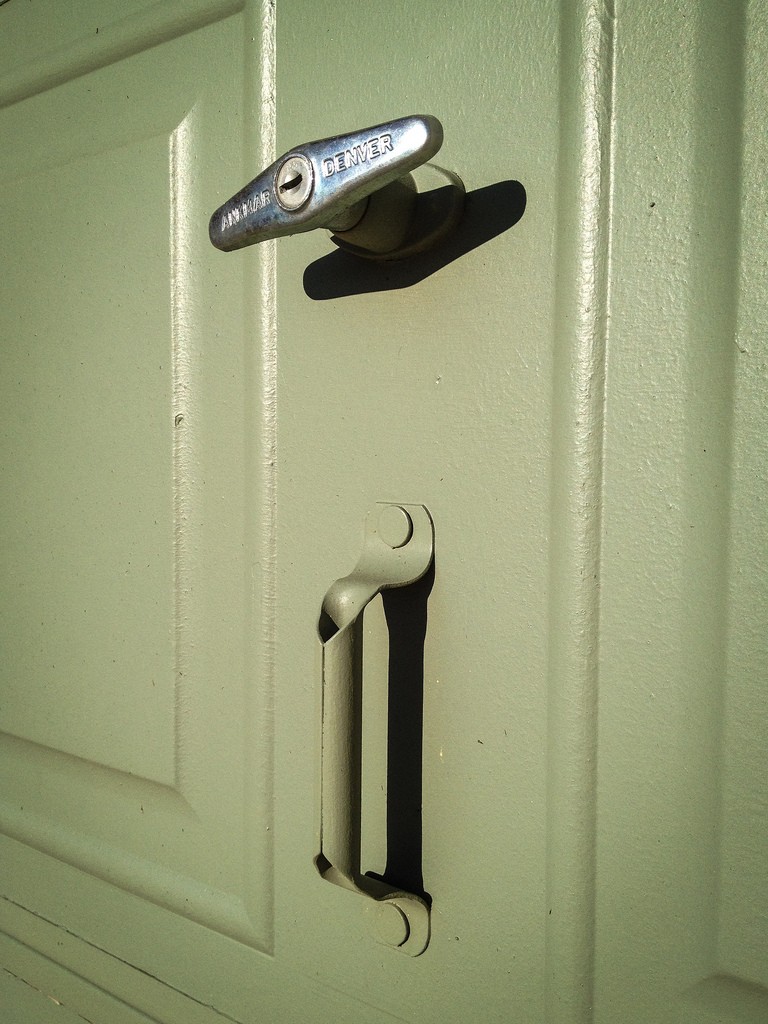Have you noticed that your garage door has been making some scary and strange noises while it is closing and opening? Hearing those kinds of noises coming from your garage door means that the door needs to be lubricated. You should actually lubricate your garage door parts at least once a year but even more so if you live in a salty air climate.
Keeping your garage door lubricated is essential in keeping all the parts working the right way and helps to prevent against friction and rust of the moving and mechanical parts. So if you do not want to be replacing parts or even the whole door years down the road then take a run to your local hardware store and pick up a can of lubrication and apply it to the door yourself. There are only 2 types that are acceptable to use for garage doors, Neighborhood Garage Door Sales wants to help by giving you some helpful steps on how to choose the right type of lubrication for your door.
Choose A Lubrication For Your Garage Door
You will need to get either a lithium grease or a silicone spray to use as lubrication on the garage door, you can purchase these for about $10 a can depending on the store and other factors. Silicone spray helps to preserve and protect the doors components and also makes it waterproof too, Lithium grease will create a moisture-reducing barrier and will also protect against friction of the parts. Both of these sprays will hold up in extreme temperatures whether it be cold or heat which is great for garage door because they are always exposed to the elements.
DO NOT use WD-40 on your garage door parts in place of a proper lubricant on you door. WD-40 does not provide the lubrication that lithium grease or silicone spray would provide, WD-40 will act as a cleaning agent and remove all rust and grease while this is good in some cases other areas of the door need the grease. If you are unsure of anything then contact the garage door manufacturer for help.
How To Lubricate The Garage Door
First you will want to begin by cleaning both the inside and the outside of the overhead door, mix a small bit of soap in with some warm water. Make sure that you wipe away any built up gunk and debris gently with a sponge. Once the door is clean and free of dirt then there are four key areas that you will want to address.
- Hinges – If there are metal hinges be sure to lubricate all of the pivot points on them. Do not lubricate plastic hinges if you have them because it will deteriorate them
- Springs – Make sure to fully cover the springs well but make sure to stop before it starts to drip, you want the springs well covered but not saturated,
- Rollers – Spray the lubrication directly onto the rollers and only enough to coat them you don’t want to too much. Also only lubricate the bearings, do not use the lubrication on any of nylon rollers.
- Locks – Have you found that you garage door locks are getting hard to move then go ahead and give them a good coat with the lubrication.
I know you’re probably thinking what about the garage door track right? Actually there is no need to lubricate the track, just keep it clean by wiping it down with the warm water and soap solution. Once you have gotten the garage door clean and the parts lubricated open and close the door a few times, this will help to disperse the applied lubricant to the areas that you may not have been able to get to.
As always Neighborhood Garage Door Services of Dayton, Ohio want you to always be safe and always use and practice garage door safety, so if you continue to hear noises then check that you didn’t miss any spots. If you see that you have not missed any spots but there are still noises coming from your garage door then you may need to call a professional out to help you pinpoint the exact cause of the noise.









